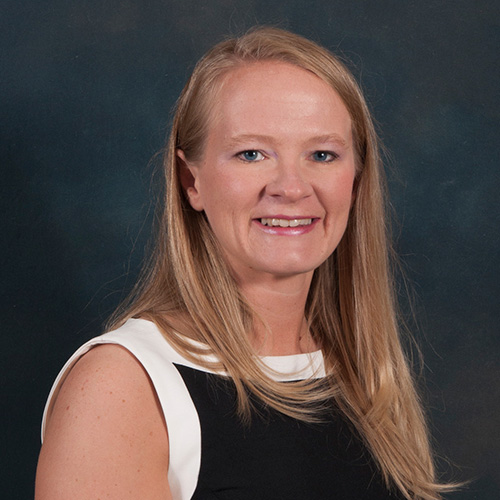Every parent has heard it: make time for self-care. What most of us don’t realize is self-care for kids is just as important.
Parents can help their kids with the process of self-awareness that will help them learn to understand their emotions, reactions to stressful situations, and how to cope with them in a positive way. While it may seem like one more duty heaped on the shoulders of overwhelmed parents, teaching your children to practice self-care helps them in many ways. They can become better critical thinkers and learn how to focus and concentrate when they need to. Not only that, they’ll become more emotionally intelligent and introspective, which can reduce negative behavior patterns like tantrums and bullying.
To find out more, we sat down with Dr. Emilia Flint, a licensed psychologist with Black Hills Psychology in Spearfish. She has a doctoral degree in counseling psychology and has been a professor at Black Hills State University since 2010, in addition to her regular practice. Dr. Flint gave us tools that will help kids learn to pay attention to their own needs and be confident in themselves. Eventually, they will learn how to exercise self-care on their own.
Start Teaching Kids Self-Care Early
Learning the basics of self-care can start as early as preschool. Dr. Flint says, “One-on-one time with parents and sensory activities are important for kids at this age. For example, finger painting; talk about how the paint feels on their hands, or say ‘look at this beautiful masterpiece we’re creating,’ and talk about what the paint smells like. All these things develop total sensory awareness and teach them to be in the moment.”
You can apply this to any activity you do with your child; just point out as many senses as you can. Don’t worry about getting all five senses every time, the point is really to help your child be aware of how they interact with the world around them. “Sensory awareness leads to mindfulness, and mindfulness is then a skill a middle schooler can practice,” Dr. Flint says.
Once they’re in later elementary and middle school, parents can start teaching and effectively modeling self-care for their kids. Where parents can help is talking kids through what’s going on with their bodies and emotions. Dr. Flint says, “When kids get to third or fourth grade, that’s when you can start connecting the dots to things like, ‘you know that stomach ache you’re having? What do you think is causing that? Do you have a test coming up or is something happening at school?’ They’re not quite ready to make that connection, but the more parents help them connect those dots, the more they’re prepared to start doing it themselves.”
Self-Care for Kids in High School and Beyond
High school age is when parents need to start reaffirming their children that their feelings are valid and it’s ok to take time off. “High school is the time teenagers are starting to think abstractly about things like relationships, love, or even what they want to be when they grow up. They should also be able to make the connection between ‘I’m feeling tense’ and ‘it’s okay to take some time or take a step back,’ so it’s important for parents to reinforce that that’s okay for them to do so.”
Parents can support their high schoolers by helping them make space for themselves. If they’re overwhelmed, help them step back from too many extracurricular activities, or enforce healthy boundaries like setting curfews and restricting time spent on social media.
Transitioning from high school to being a young adult comes with new levels of independence and responsibility. Whether kids are going off to school or entering the workforce, it’s the first time many of them are in charge of things like making their own meals or worrying about finances.
To support them in this new stage, Dr. Flint says, “Remind them they’re capable, they’re in control, and it’s ok to take a break so they can step back and see the bigger picture.” Simple things like eating healthy, getting a good night’s rest, and remembering to breathe are important as well. “We live in an immediate gratification society, so keeping the long term in perspective is important. Help them see that what they do today, helps you for tomorrow, or down the road, and what they can do now for themselves,” she says.
Practice Together
One of the greatest things parents can do to help their children learn self-care is to be a good model for them. Not only can kids learn by example, a regular self-care routine makes parents happier and healthier. Looking for ways to start your own self-care routine? Check out the other half of our interview with Dr. Flint here.


Emilia Flint, Ph.D., LP
Dr. Flint is a licensed psychologist at Black Hills Psychology in Spearfish, and a full time assistant professor at Black Hills State University. She enjoys supporting student-led research projects in addition to her regular academic teaching schedule, and her personal research interests include sport, exercise, and performance psychology.
WORDS: ASHLEY JOHNSON

